Barbiturate Addiction: Detox, Withdrawal, and Treatment
GET HELP TODAY!
100% Confidentiality Guaranteed


Zoloft (Sertraline) Overview at a Glance
- What it is: Zoloft is the brand name for sertraline, a selective serotonin reuptake inhibitor (SSRI) prescribed for depression, anxiety, OCD, and PTSD.
- Risks of misuse: While not considered physically addictive, misuse of Zoloft can cause dependence and serious mental health complications.
- Side effects: Common side effects include nausea, headaches, sleep disturbances, and sexual dysfunction. Severe misuse may lead to serotonin syndrome or suicidal thoughts.
- Withdrawal concerns: Stopping Zoloft suddenly can trigger withdrawal symptoms such as irritability, dizziness, and mood changes, requiring medical supervision.
- Treatment options: Professional detox and rehab programs provide safe tapering, relapse prevention strategies, and long-term recovery support.
Table of Contents
What is Zoloft?
Zoloft is an antidepressant and a selective serotonin reuptake inhibitor (SSRI). It is the brand name of the drug sertraline and is only available with a prescription. Used to treat depression, OCD, PTSD, premenstrual dysphoric disorder (PMDD), social anxiety disorder, and panic disorder, Zoloft is often marketed as a safer alternative than similar drugs like Prozac and Paxil (paroxetine).
Zoloft works by preventing the reabsorption of serotonin in the brain, which leaves more serotonin available for mood-regulation. Although it is effective for treating major depressive disorders, it also comes with a black box warning that it may increase suicidal thoughts and behaviors among children, teens, and young adults who use it.
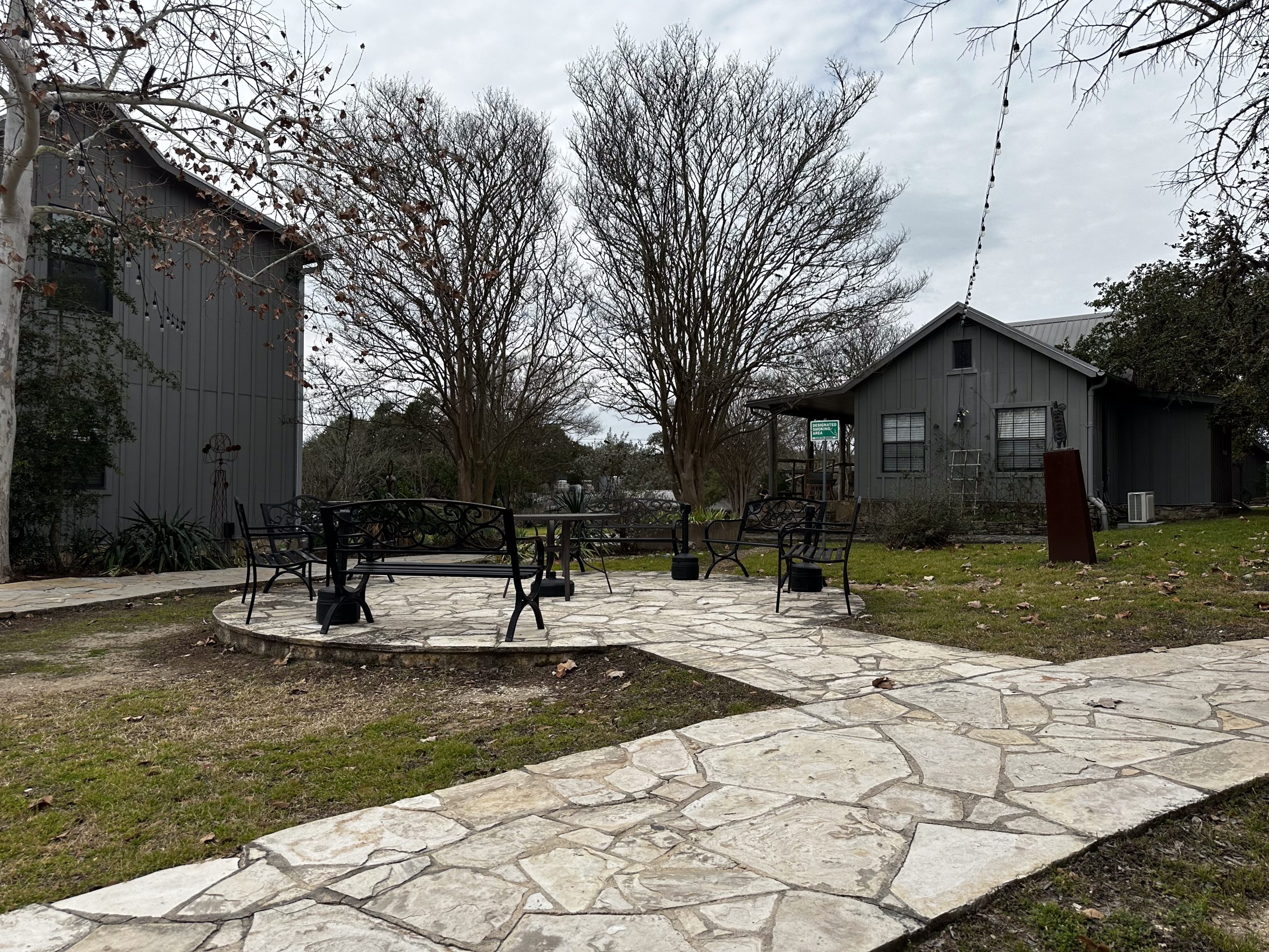

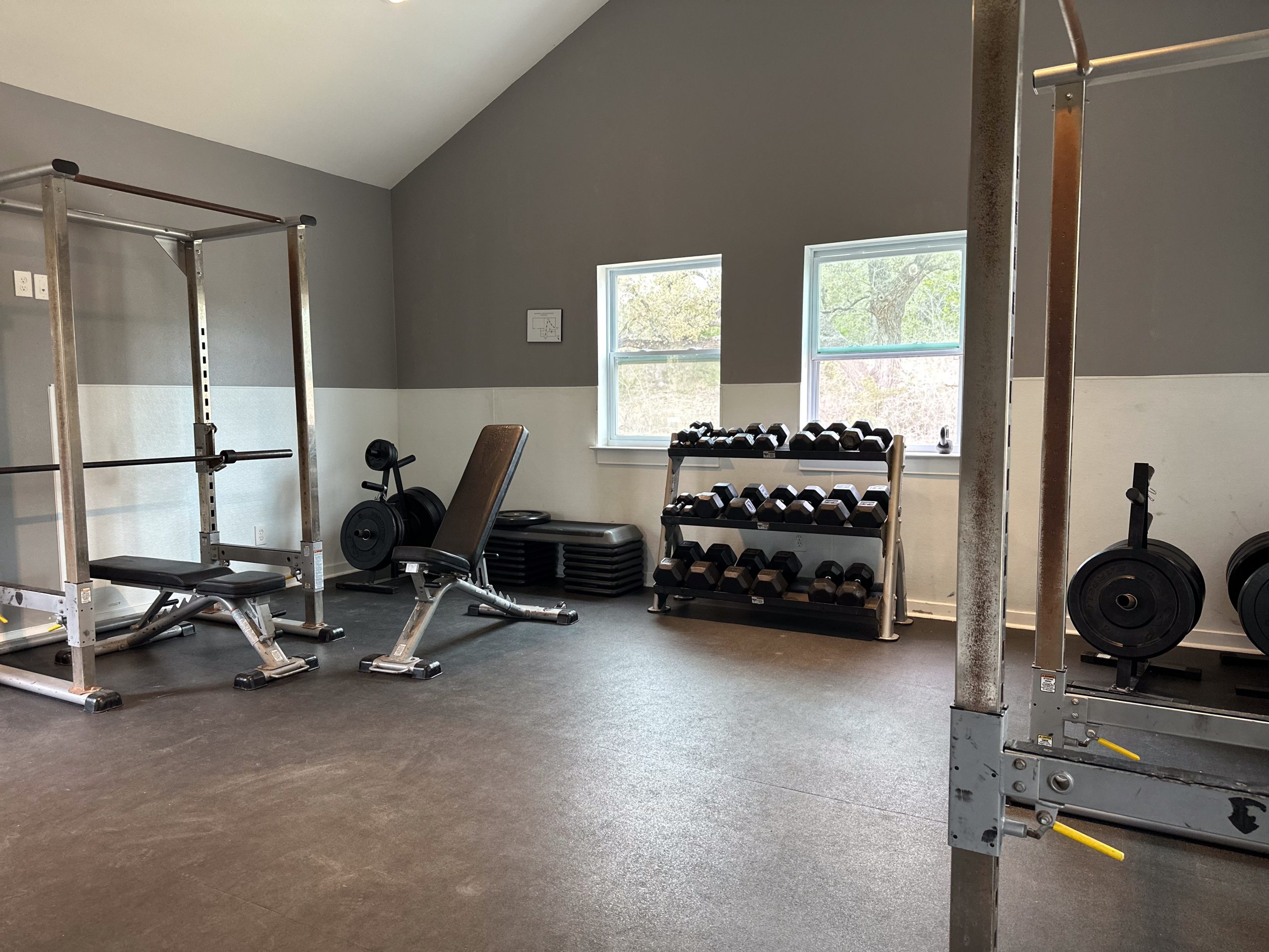
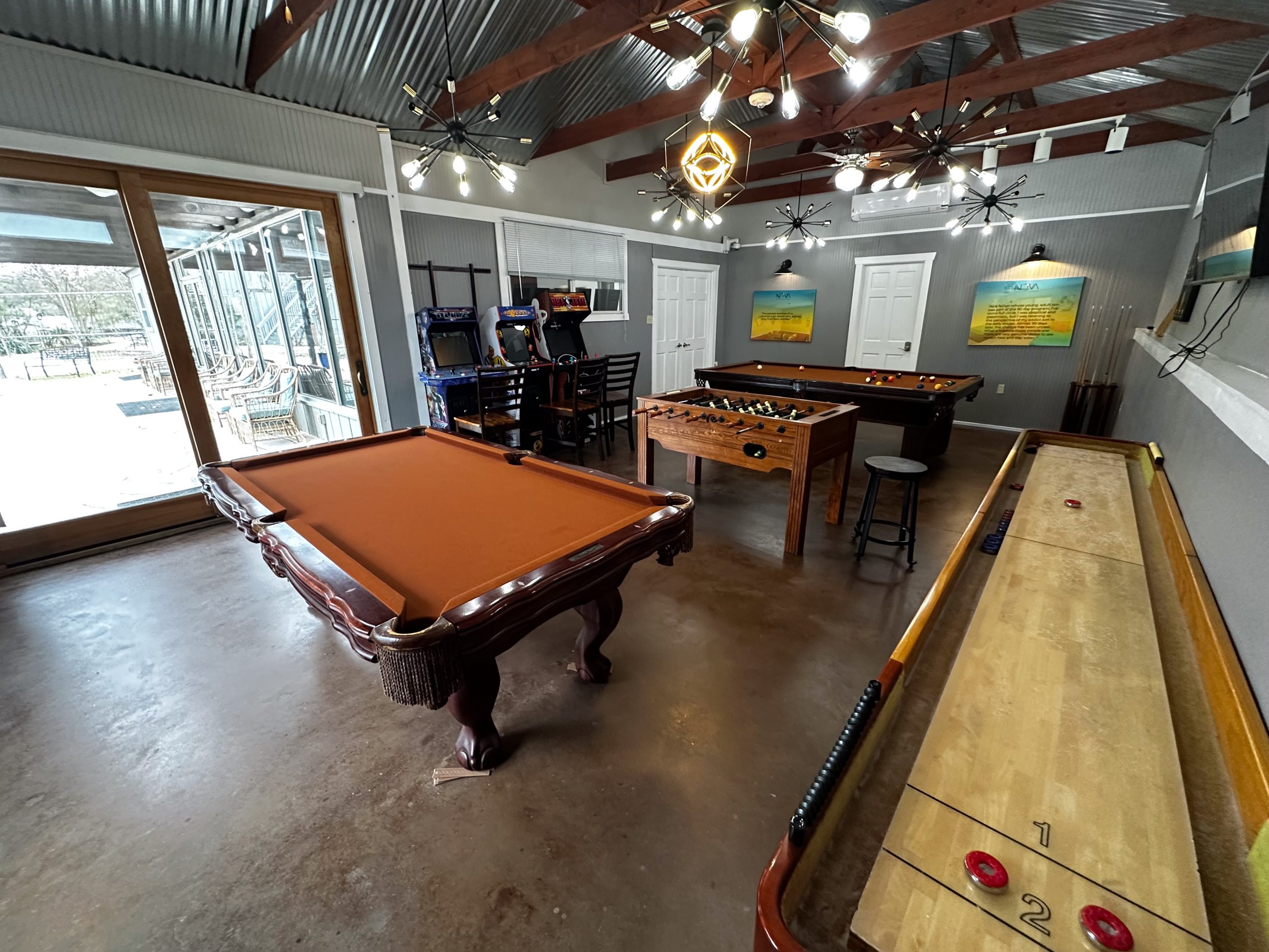
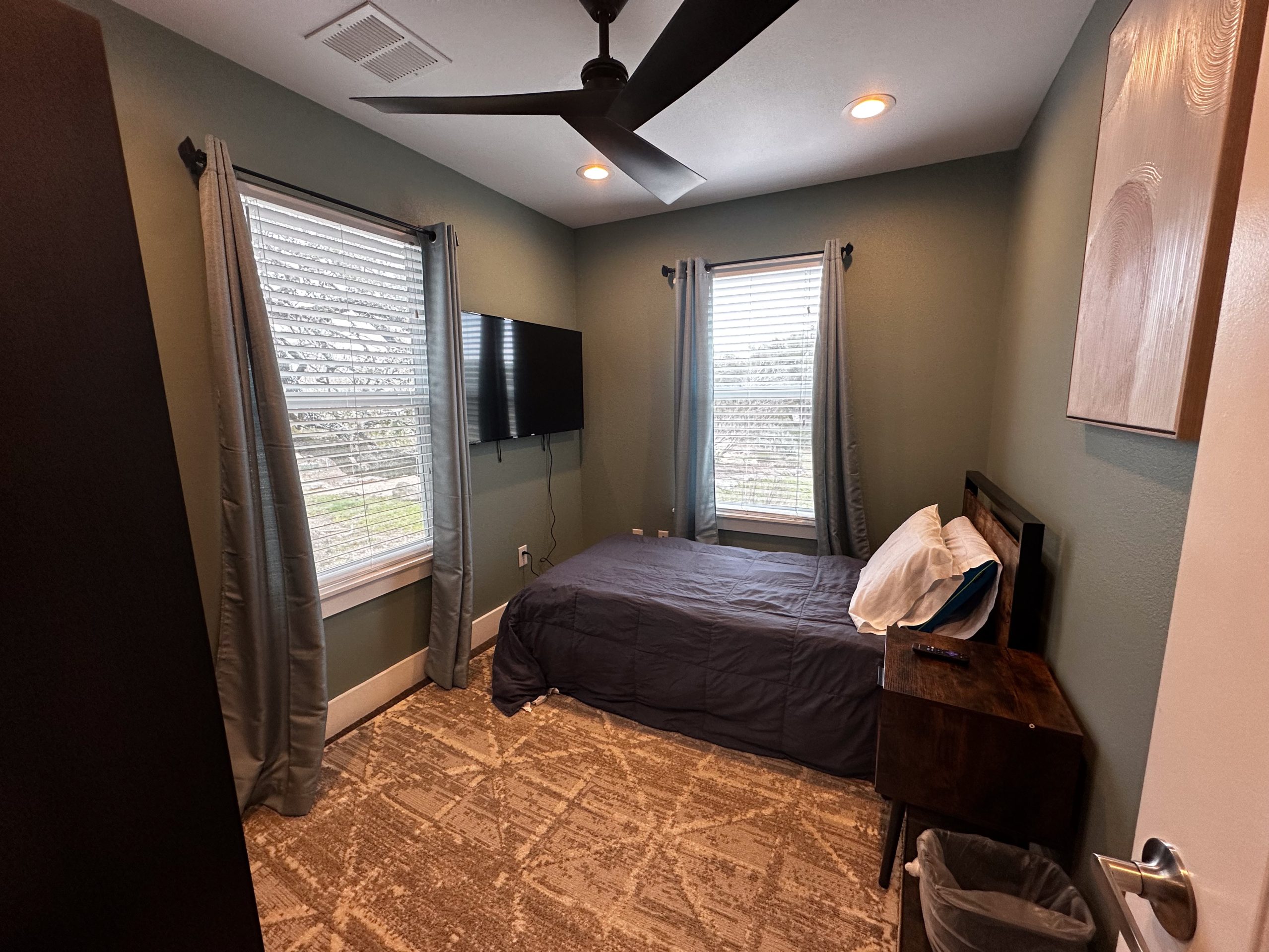

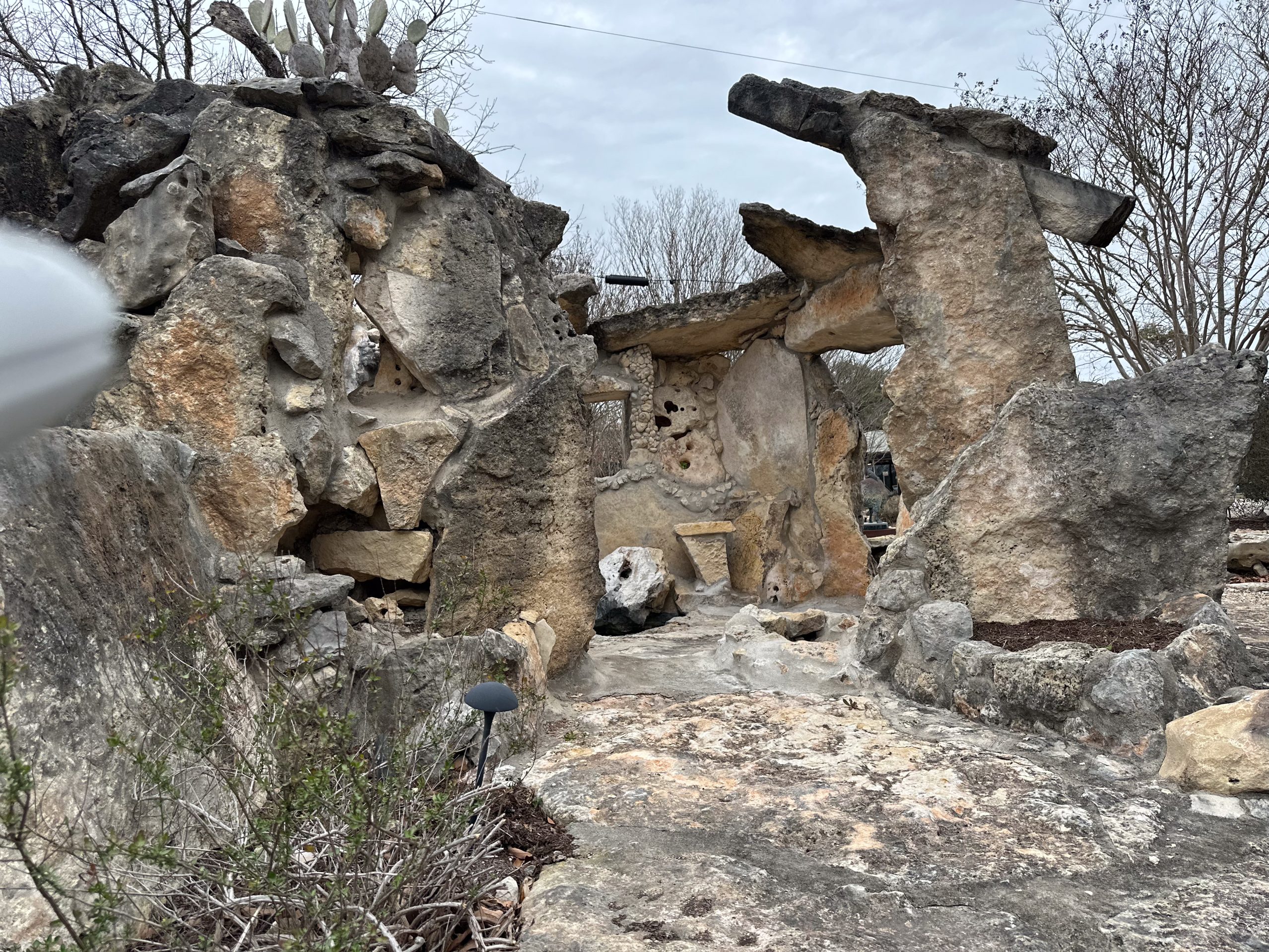
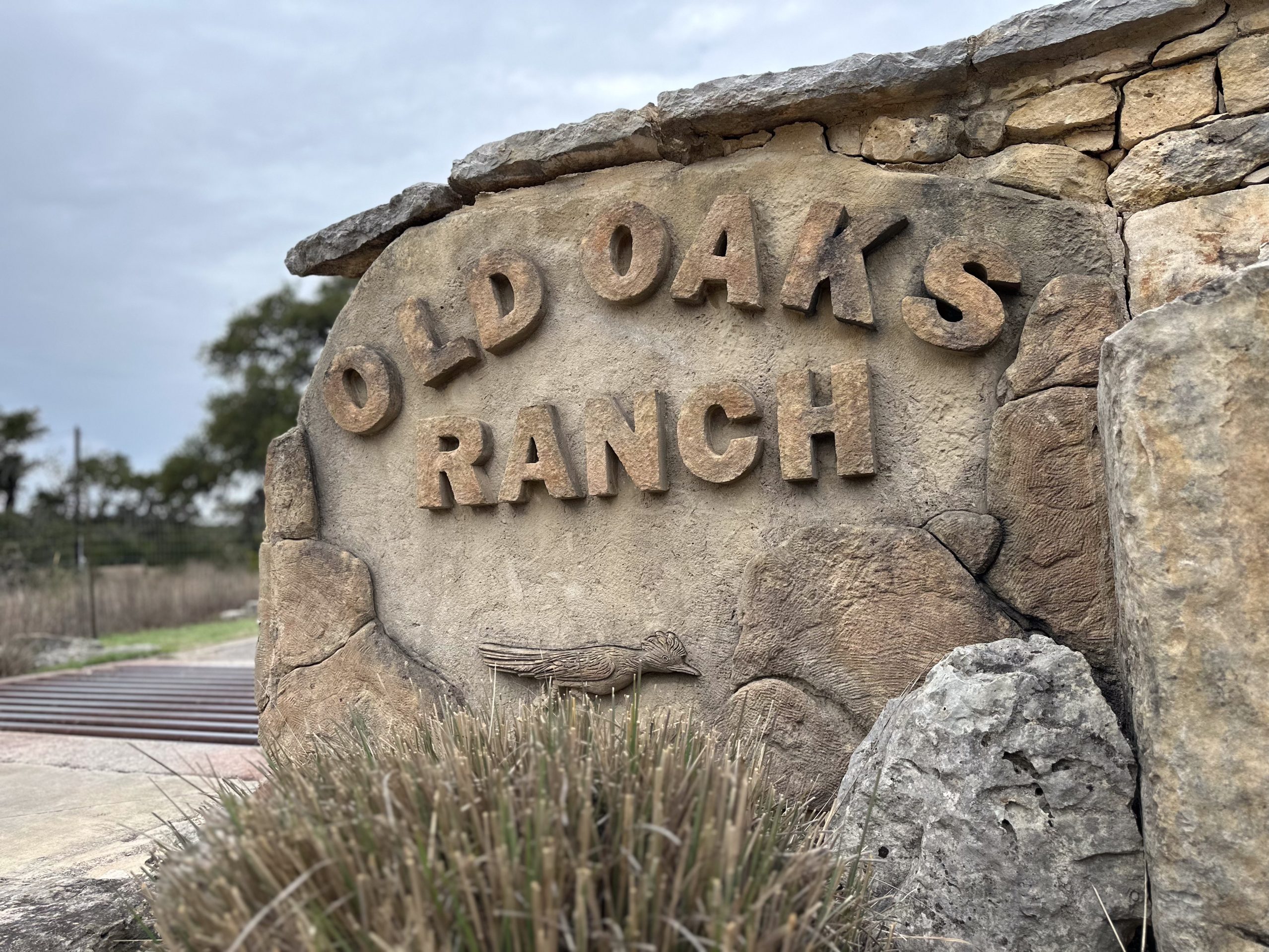

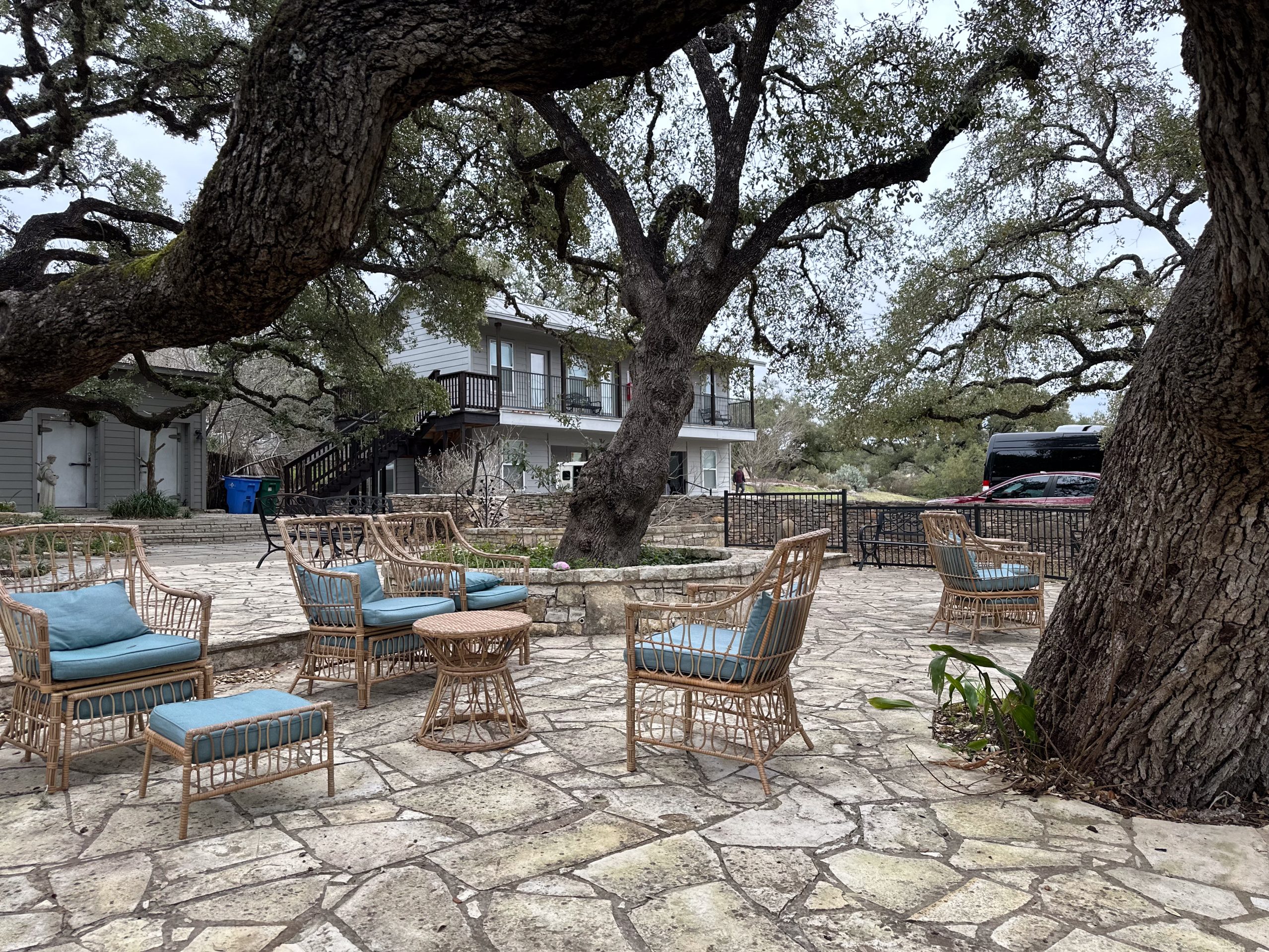
Zoloft is produced in tablet form and comes in 25 mg, 50mg, and 100 mg dose tablets. It is intended to be taken once daily. Although it is not classified as an addictive drug, Zoloft and other similar antidepressants are commonly misused and can be psychologically addictive.
Slang for Zoloft
Although there aren’t many slang terms that are specifically used to refer to Zoloft, there are many different slang terms that are used to refer to antidepressant drugs. The following terms may be street names or slang for Zoloft:
- Wonder drug
- Miracle drug
- Happy pills
- Bottled smiles
How Common Is Zoloft Addiction?
Zoloft is the most prescribed antidepressant and the seventh most prescribed psychiatric drug in the U.S. Many people use it for medical purposes, but since it is so readily available and easy to get, it is also frequently abused.
People who abuse Zoloft typically don’t use it to get high. Instead, they may misuse it to deal with daily problems. It becomes psychologically addicting when they begin to rely on Zoloft as a quick fix for daily problems or they feel like they can’t function normally without it.
Abusing Zoloft or any other antidepressant drug can be very dangerous and may cause serious medical and psychological problems. Abusing Zoloft on a long-term basis can also cause physical dependence and withdrawal.
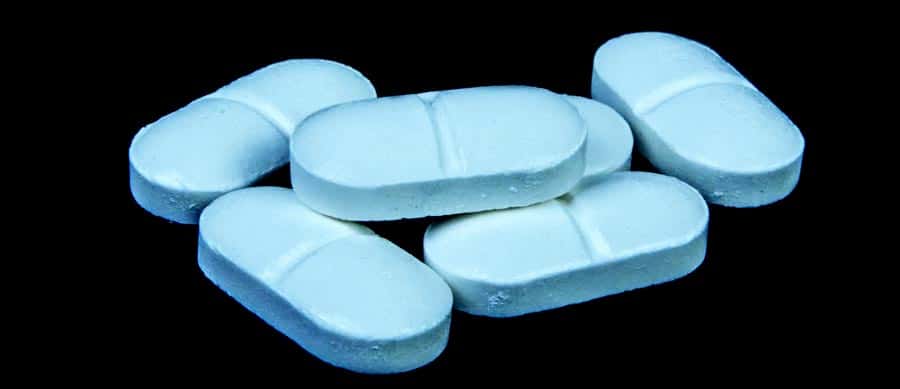
What are the Side Effects of Zoloft Abuse?
Some of the most common side effects of Zoloft abuse and misuse include:
- Anxiety
- Nervousness
- Serotonin syndrome (sometimes caused by taking SSRI drugs)
- Neuroleptic malignant syndrome (sometimes caused by taking antipsychotic drugs)
- Vomiting
- Nausea
- Diarrhea
- Headaches
- Anorexia
- Abnormal bleeding
- Suicidal thoughts
What are the Signs and Symptoms of Zoloft Addiction?
A person who has had substance abuse problems in the past may be more likely to abuse Zoloft. If someone is misusing Zoloft or is psychologically addicted to it, there may be some red flags. Signs and symptoms of Zoloft abuse and addiction often include:
- Taking someone else’s Zoloft prescription
- Faking symptoms to get another Zoloft prescription
- Seeing several different doctors to get more than one
- Zoloft prescription
- Taking larger or more frequent doses of Zoloft than prescribed
- Using Zoloft as a quick fix for daily problems
- Feeling unable to function normally without Zoloft
Zoloft Withdrawal Symptoms and Detox
About a fifth of people who were prescribed SSRI drugs like Zoloft experienced severe withdrawal symptoms when they tried to wean themselves off of it. These Zoloft withdrawal symptoms are a sign that the body is physically dependent on the drug, which can often make it very difficult to stop using it.
Although tapering off of Zoloft instead of stopping Zoloft abruptly can help reduce the likelihood of experiencing uncomfortable withdrawal symptoms, it’s not guaranteed.
People who try to stop using Zoloft may experience some withdrawal symptoms such as:
- Anxiety
- Dizziness
- Concentration problems
- Fatigue
- Memory problems
- Mood swings
- Weight changes
- Headaches
- Fatigue
- Irritability
- Insomnia
- Flu-like symptoms
- Nausea
- Depression
If you are addicted to Zoloft, a medical detox program may provide the assistance and support you need to successfully wean yourself off of the drug and learn how to function without it on a daily basis.
During a Zoloft detox program, you will stay overnight at a treatment facility until you are physically and emotionally stable. A team of nurses, doctors, and addiction treatment specialists will treat any uncomfortable symptoms of Zoloft withdrawal and address any psychological issues you face in the process.
Completing Zoloft detox with professional assistance can decrease your risk of relapse, enhance your personal comfort, and prepare you for entry into a rehab program if you intend to continue with your addiction treatment after detox.
What is the Zoloft Withdrawal Timeline?
Generally, Zoloft withdrawal symptoms will subside within a month’s time, although some people may continue experiencing symptoms of withdrawal for upwards of 90 days (also known as post-acute withdrawal).
The severity and duration of Zoloft withdrawal symptoms will vary on a case-by-case basis depending on how long you used it, your dosage, and certain biological factors, so there is no dedicated timeline for Zoloft withdrawal.
Depending on the factors listed above, it may take a full week or longer for you to complete Zoloft detox and for the withdrawal symptoms to fully dissipate.
Treatment for Zoloft Addiction
After you’ve completed a detox program for Zoloft addiction, you can continue your treatment with a long-term rehab program. Continuing your addiction treatment after detox can help you address the psychological problems related to your addiction and pinpoint the primary causes of your addictive behaviors.
According to the National Institute on Drug Abuse (NIDA), addiction treatment that lasts less than 90 days has limited effectiveness, especially for those who want to sustain long-term sobriety. As a result, if your intention is to get sober and stay that way, you may want to consider enrolling in a 90-day drug rehab program after detox.
If you’ve never been to drug rehab, there are a few things you can expect. During rehab, clients attend educational lectures about the disease of addiction, work the 12 steps (or similar recovery program), learn and implement relapse prevention strategies, attend group and individual counseling, and gain important life skills while adhering to a structured daily schedule.
Overall, drug and alcohol rehab is designed to help individuals get down to the root causes of their addiction and learn how to maintain a lifestyle of sobriety on their own.
More Time. More Joy. More You. Start Now.
WE ACCEPT MOST INSURANCES







Types of Zoloft Rehab Programs
There are several different types of rehab programs for Zoloft addiction and choosing the right type of Zoloft treatment is essential for lasting recovery. If you are looking for a rehab program, you may want to consider the following factors before choosing a program:
- Your financial ability and the cost of the program
- Your health insurance coverage
- The location of the rehab center
- The type of treatment offered at the rehab center
- The severity of your Zoloft addiction and your treatment needs
The two main types of Zoloft treatment programs are inpatient rehab programs and outpatient rehab programs. Here’s what you can expect if you are enrolled in one or the other.
As a client at a residential Zoloft rehab program, you can expect to:
- Temporarily live in group housing at the rehab center while you complete your treatment program
- Maintain a structured daily schedule
- Attend individual and group counseling sessions
- Participate in a variety of different types of behavioral therapies, including family therapy
- Have immediate access to medical and clinical care on-site
As a client at an outpatient Zoloft rehab program, you can expect to:
- Live at home while completing your rehab treatment
- Attend regular weekly meetings at a clinical location
- Complete program work and homework assignments on your own at home
- Continue tending to your daily responsibilities at work, school, or home while also completing treatment
- Attend individual counseling
- Have limited access to clinical and medical care while enrolled in treatment
Although inpatient and outpatient Zoloft rehab programs are different, neither one is necessarily better or more effective than the other. The right program for you is the one that best meets your treatment needs.
The cost of a Zoloft treatment program will also vary depending on the type of rehab, its location, amenities, treatment services, and its contracts with insurance companies. You may also have access to several different payment options, such as:
- Health insurance benefits
- HSA funds
- Employee Assistance Program (EAP) benefits
- Privately financed healthcare loans
- Personal loans from family members
- Treatment scholarships
- Out-of-pocket payments
Freedom Starts Here. Take Back Your Life Today.
Same-Day Admissions in Austin Available.
Continued Care Options for Zoloft Treatment
After you complete Zoloft rehab, you may also choose to continue your addiction treatment with a sober living program or aftercare program. Other forms of aftercare may include:
- Peer recovery support programs
- Personal monitoring programs
Sober Living Programs for zoloft addiction
A sober living home offers structured, safe, and sober housing for men and women in recovery. Also sometimes referred to as halfway houses, ¾ homes, or transitional houses, sober living homes help people transition from a life of addiction into a life of recovery by providing accountability and peer support.
Many sober living homes also provide recovery support services such as:
- Tiered recovery programming
- Drug and alcohol testing
- Education, employment, and volunteer assistance
- Peer recovery support programs
The cost of sober living homes varies depending on the recovery support services offered, the location of the home, the room types, and the amenities.
Aftercare Programs for zoloft addiction
Aftercare programs are specifically designed to support alumni of detox and rehab programs. Many people use aftercare as a way to check-in with their sober peers on a regular basis. Otherwise, weekly aftercare meetings offer a safe, supportive, and judgment-free zone where people in recovery can share successes and struggles pertaining to life in recovery. Aftercare programs can be extremely therapeutic and supportive for people in any stage of recovery.
If you or a loved one is struggling with Zoloft addiction, you don’t have to be ashamed to ask for help. Many other people have been in your shoes and are ready to help you and support you as you pursue a life of sobriety and ongoing recovery.
If you’re searching for Zoloft treatment, call Nova Recovery Center today to learn more about our 90-day residential drug rehab program or our IOP. Our friendly and knowledgeable admissions team is ready to take your call.
How Nova Recovery Center Helps with Zoloft Addiction and Abuse
Nova Recovery Center provides compassionate, evidence-based care for individuals struggling with Zoloft addiction and abuse. Although Zoloft is not classified as physically addictive, misuse can lead to dependence, withdrawal symptoms, and serious mental health complications that require professional support. At Nova, clients undergo a thorough assessment to create a personalized treatment plan that addresses both substance use and underlying mental health concerns. Our medical team offers safe detox options to ease withdrawal symptoms and ensure stability during the early stages of recovery. Beyond detox, we provide long-term residential and outpatient programs designed to help clients build lasting coping skills and relapse prevention strategies. Therapy sessions, peer support, and holistic practices such as mindfulness and wellness activities are integrated to treat the whole person—mind, body, and spirit. Nova also emphasizes education and family involvement to strengthen recovery support systems outside of treatment. By focusing on long-term recovery rather than short-term fixes, Nova Recovery Center equips individuals with the tools needed to rebuild their lives free from Zoloft misuse. Whether someone has misused Zoloft alone or alongside other substances, our continuum of care provides the structure and guidance to achieve sobriety and improved mental health.
Zoloft (Sertraline) FAQs
Is Zoloft (sertraline) addictive?
SSRIs like sertraline aren’t considered habit‑forming; they don’t produce cravings or reinforcement the way addictive drugs do. However, stopping suddenly can cause discontinuation (withdrawal‑like) symptoms, so any dose changes should be supervised.
What happens if you stop Zoloft abruptly?
Abruptly stopping can trigger symptoms such as anxiety, irritability, dizziness, headache, sweating, and “electric shock” sensations. Do not discontinue without medical guidance; a gradual taper is advised.
How long do Zoloft withdrawal symptoms last?
Withdrawal symptoms often begin within a few days of dose reduction and usually last a few weeks, though some people may experience longer‑lasting symptoms and need a slower taper.
How long does Zoloft take to work?
Many people notice improvement after 1–2 weeks, but full effect often takes 4–6 weeks (sometimes longer for anxiety‑related conditions).
Can you drink alcohol while taking Zoloft?
The FDA Medication Guide says not to drink alcohol while taking Zoloft, because it can impair thinking/reaction time and compound side effects.
What are common side effects?
Common effects include nausea, headaches, sleep changes, and sexual dysfunction; many are mild and improve after the first couple of weeks. Seek care urgently for serious or unusual symptoms.
Can Zoloft cause serotonin syndrome?
Yes—especially when combined with other serotonergic medicines or supplements (e.g., MAOIs, certain pain/migraine meds, St. John’s wort). Get emergency care if symptoms like agitation, fever, tremor, or confusion appear.
Is Zoloft a controlled substance?
No. Sertraline is not scheduled as a controlled substance in the U.S., reflecting its low abuse potential relative to drugs with euphoria‑producing effects.
Can people misuse Zoloft?
Misuse (e.g., taking more than prescribed or combining with other substances) is uncommon but reported and increases risks (e.g., serotonin syndrome). SSRIs generally have low abuse liability, yet case reports exist—another reason to use only as directed.
How do you safely taper off Zoloft?
Work with your prescriber on a gradual dose reduction to minimize discontinuation symptoms; never change your dose on your own.

